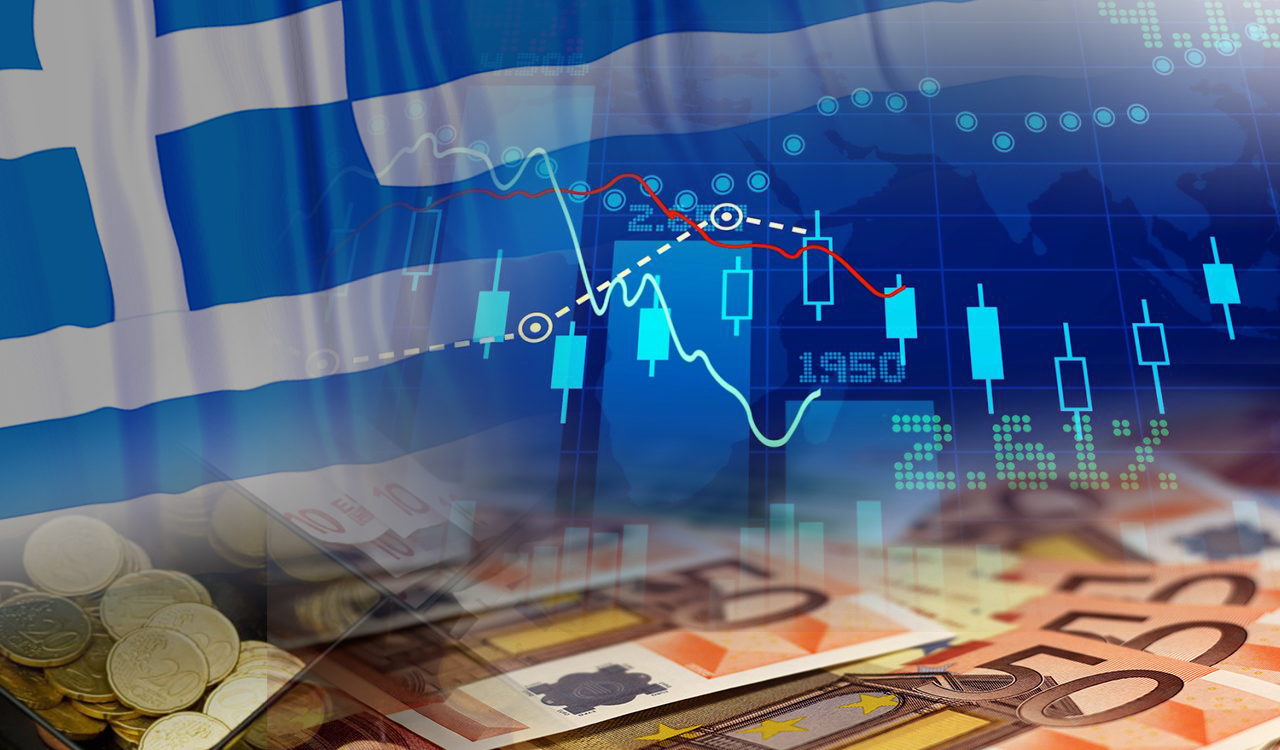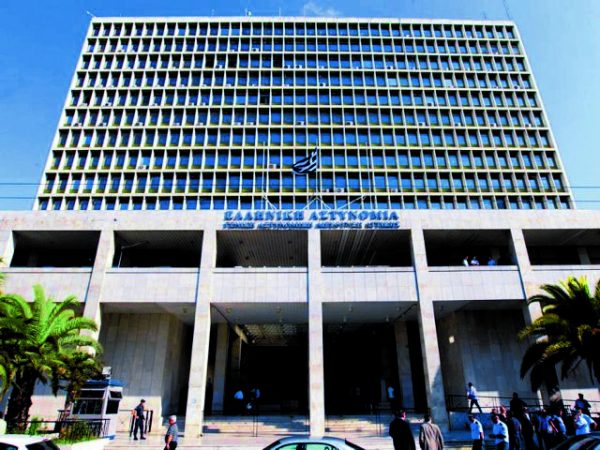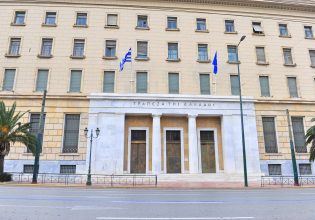
Attica Economic Review: Persistent inflation and rising cost of money major blow to Greek economy
“Delicate” balance between monetary and fiscal policy objectives stands out among challenges
Spotlight
-

«Μύλος» με τις δηλώσεις Κασσελάκη για τις δαπάνες στην Υγεία – Νέα επίθεση ΝΔ – Τι απαντά η Κεχαγιά
-

Ακραίο bullying σε 14χρονο στην Πέλλα - Έσβηναν συχνά τσιγάρα πάνω του, προσπάθησαν να τον πνίξουν με ζακέτα
-

«Άρχισαν να μας πετάνε αυγά» - Απίστευτο σκηνικό σε παράσταση με τον Αργύρη Ξάφη και την Καρυοφυλλιά Καραμπέτη
-

Φλέσσα: Τα παιδιά στα Τέμπη τα σκοτώσαμε όλοι μαζί – Σφοδρή αντίδραση ΣΥΡΙΖΑ
Εconomic activity is slowing down simultaneously in most countries of the world, due to the new “cost of living crisis”, as it is now called by the IMF. In its most recent report (WEO, October 2022), global growth is forecast at 3.2% in 2022 and 2.7% in 2023, the lowest since 2001, excluding 2020. The rate of inflation remains persistently high, expected around 8.8% in 2022 and 6.5% in 2023, prompting successive central bank interventions for further rate hikes, according to the Attica Economic Review October 2022.
In Attica Bank’s monthly report prepared in collaboration with Foundation for Economic & Industrial Research (IOBE) entitled “Persistent inflation and rising cost of money”, it is pointed out that the ongoing war in Ukraine and the energy crisis continue to keep uncertainty very high and worsen the expectations of households and businesses.
Monetary authorities are accelerating lending rate increases in order to curb persistent inflationary pressures. In Europe, in October, the economic climate worsened further, while global indicators of consumer confidence and business expectations also declined in September. International prices of energy commodities continued to fluctuate at very high levels in October, despite a significant decline in natural gas prices, to twelve-month lows. The euro fell further against the dollar in October, hitting new 20-year lows.
Challenges
Among the challenges, high inflation, the rising cost of money and the “delicate” balance between monetary and fiscal policy objectives in order for both to be effective stand out. In this context, policy makers are called upon to take coordinated measures that will mitigate inflationary pressures without at the same time harming the prospects for the recovery of the international economy.
For the Greek economy, inflation is a major blow, as it weakens the purchasing power of households and tests the resilience of businesses. The energy crisis leads to significant increase in production costs, especially those products and services with high direct and indirect exposure to energy costs. The uncertainty is reinforced by the escalation of geopolitical tensions in the wider region of Eastern Europe and the Mediterranean, being an inhibiting factor for long-term investments.
In addition, a less likely, but not impossible, health flare-up would pose new challenges to the economy.
Positive internal developments:
• Short-term indicators of activity remain on a positive track in the third quarter, with strong exports, and good performance in August of Industry, Retail Trade and Exports.
• The banking system is showing resilience, with strengthened deposits, credit expansion to businesses and a declining NPL ratio.
• The labor market showed further improvement in September, with a faster rate of unemployment reduction.
Foreseen challenges:
• Economic sentiment weakened in October, under the deterioration of consumer confidence and business expectations in industry and services. The trend was partially offset by improving business expectations in construction and retail trade.
• The cost of new public borrowing is rising, with the spread from the Eurozone core widening.
• The current account deficit widens under the pressure of strong import growth.
Special topic: Greece in the European ranking of digital performance in 2021
Greece ranks only 25th in the EU-27 in the Digital Economy and Society Index (DESI) in 2022, but has made progress in recent years. The country ranks 22nd in the EU in terms of the integration of Digital Technology into business activities.
13% of Greek businesses use massive data, close to of the EU average (14%), but their performance is considerably lower in the use of cloud computing and artificial intelligence.
It ranks 22nd in the digital skills dimension of human capital. 52% of people (aged 16-74) have at least basic digital skills, very close to the EU MO (54%)
In terms of connectivity, the country ranks 22nd in the EU, while in terms of digital public services it ranks penultimate (26th).
Banks, insurance companies, and supermarkets had a positive growth rate in the adoption of digital technologies between 2021-2022, while other industries recorded a negative rate after the pandemic subsided.
Ακολουθήστε το in.gr στο Google News και μάθετε πρώτοι όλες τις ειδήσεις








































 Αριθμός Πιστοποίησης Μ.Η.Τ.232442
Αριθμός Πιστοποίησης Μ.Η.Τ.232442